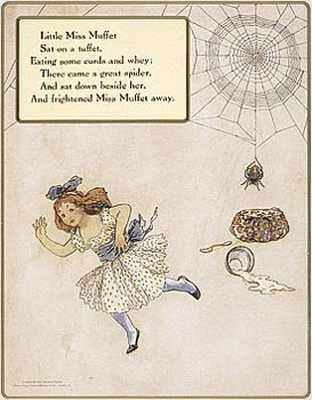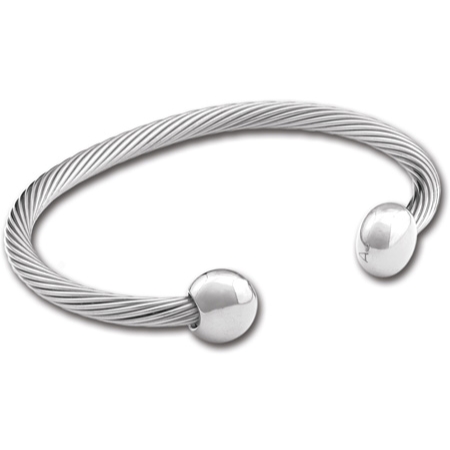Got Whey?
Well-worn advice on heart attacks good but inadequate
I REFER to the article, 'Heart Attacks ; There's good news and bad' (ST, Sept 27).
While the rate of heart attacks seems to have declined, absolute numbers have increased and this has been attributed to a greying population. Well-worn advice, given repeatedly by the Health Promotion Board and the Singapore Heart Foundation, includes stopping smoking, cutting salt and fat intake, and exercising regularly. With advances in the treatment of hypertension, high cholesterol, diabetes, 64-slice CT scan, angioplasty, stenting, bypass surgery and so on, many survive a heart attack but with some residual damage and possible heart failure.
In medical treatment, the focus has been on treating the symptoms of the disease. This philosophy has resulted in higher medical costs and insurance and health care but with minimal returns. 'A 2 per cent improvement is encouraging, but it is still very small,' said National Heart Centre's head of cardiology, Dr Terrance Chua. It seems we have not understood the underlying disease process and cause, even though there is extensive and compelling evidence in the more than 50,000 published scientific papers. The solution may lie in not masking the symptoms and ignoring the causes and providing the body with the means to function properly.
The well-worn advice given above is good but inadequate. Air pollution is present in the environment and not just from smoking. Free radicals are produced by myriad causes, for example, stress, poor diet, pollution, radiation from the sun, infection, ageing and even excessive exercise. Free radicals have been implicated in more than 200 diseases and ailments, not just heart disease. With damage to the blood vessel walls, cholesterol is deposited and accumulates over the years before causing complete blockage of the vessels, for example, the coronary blood vessels, resulting in a heart attack.
Even if one cuts out fats completely (essential fats will still be needed), the liver produces cholesterol from the fat deposits in the body as cholesterol is an essential item for hormones and so on. We know of thin people who have hypertension and heart attacks.
As for hypertension, treatment, which is given the rest of one's life, is intended to prevent the complications of the disease, but there is no treatment for the actual cause of hypertension, unless there is a surgical cause.
What amount of exercise is advocated? General terms like 'moderate' exercise are repeated like a mantra. It implies that in exercise, there are no specific measurements to determine how useful it is. We know of prominent people who were reported to have died from a heart attack while jogging, on the golf course or after a 'run' only to collapse at the front gate. We know of Olympic athletes who overtrain only to fall ill just before the final heat and have to withdraw from the competition. Scientific papers have shown that in exercise, glutathione (a small protein) levels decrease and improve after a period of time from hours to days depending on the fitness of the athlete. We also know that glutathione increases with exercise, but we do not know to what degree and with any consistency how it is done.
In published scientific papers, results showed a remarkable prevention of atherosclerosis in animal studies. In the experiment, two groups of pigs were fed rich fatty meals, but one group had immunocal as well. The animals were killed and their arteries examined. In the group without immunocal, their blood vessels were almost completely blocked by fatty deposits. In the other group, fed immunocal, their blood vessels were completely free and patent with minimal deposits of cholesterol and fat. Now that is impressive indeed.
If the blood vessels are protected and atherosclerosis can be prevented, surely it will mean every organ in the body will be better supplied with blood and therefore function better.
Scientists have known for a long time the effects of deficiency of glutathione but were unable to raise it effectively and safely, until now. Glutathione (GSH) is a small tripeptide protein which can be produced only in the cells of the body. The limiting factor in the production of glutathione is the amount of correct-bonded cysteine in the diet, whereas glycine and glutamate are plentiful. The correct-bonded cysteine is not abundant in our food. Even taking cysteine orally does not help to increase glutathione levels. After more than 18 years of research, Dr Gustavo Bounous of McGill University in Canada discovered immunocal. This GSH enhancer, with high levels of bonded cysteine, overcame the limiting factor and raise glutathione levels safely and effectively
Immunocal has been clinically proven to enhance GSH production in the cells of the body, to improve the immune system and much more, even in cases of hypertension, heart disease, atherosclerosis and so on.
For details, readers may refer to www.jwr.com.sg or call 6334 7707 or for scientific research papers, (link to pubmed search added by me).
Keep an open mind, examine the evidence and reach your own conclusion. I did and so can you.
Dr Walter Roland Chen
There are many studies involving whey protein supplementation, and angry doc thinks it holds a lot of promise for a number of conditions. But while it doesn't hurt to take curds and whey, it may be some time before we can conclude that whey is the cure of all our illnesses.
Do keep an open mind as Dr Chen suggested though, and have a look at the pubmed search I linked to above.
Also, do visit the website mentioned by Dr Chen in his letter - I think you will find it contains a lot more information than have been provided in the letter.
angry doc gets a feeling we will be revisiting this topic in the near future.
Labels: alternative medicine, letters











